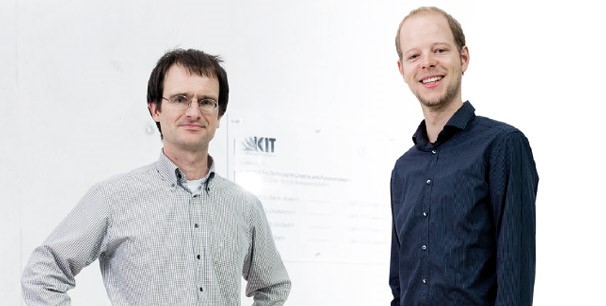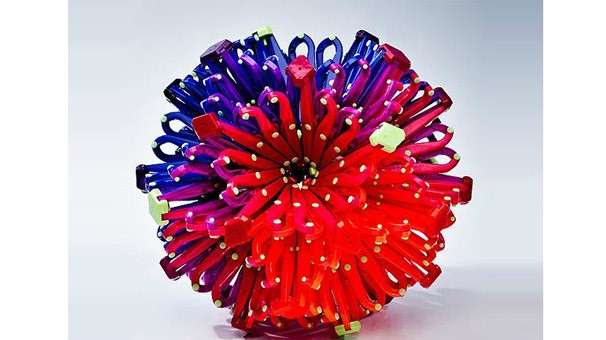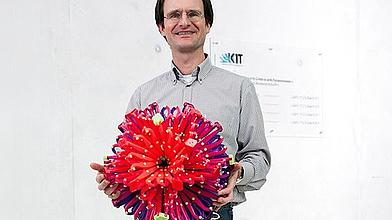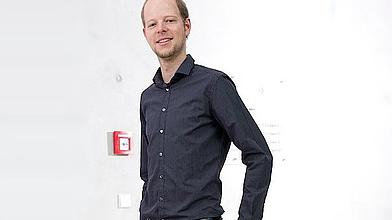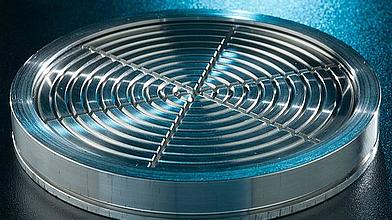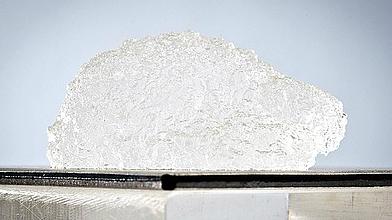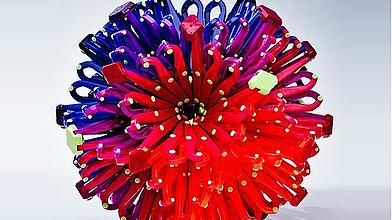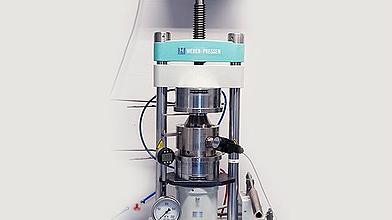The horrific images of the drought catastrophe in East Africa were with us in 2011. Water shortages threatened the lives of millions of people, not just in Somalia and Kenya. Natural disasters such as the tsunami eight years ago in Thailand leave behind destroyed supplies and contaminated water spreads diseases. Prof. Manfred Wilhelm from Karlsruhe wants to produce drinking water in a mobile, fast and uncomplicated way with an unusual idea.
He came up with the idea while changing his little daughter's diaper: Diapers absorb large amounts of water and seal it inside. Other substances, such as salt contained in the body, are also passed into the inside of the diaper, but are not absorbed as quickly as water. Thus, water and salt are separated from each other. "I thought to myself: what a diaper can do must also work with seawater," says Professor Manfred Wilhelm. "The only problem was that disposable diapers are supposed to bind all liquids inside them. Seawater desalination is about recovering fresh water."
The polymers (multipartite plastics) contained in diapers are as small as a grain of sand and absorb 100 times their volume in liquid. Together with his doctoral student Johannes Hoepfner, chemist Wilhelm has developed commercially available polymers to the point where they not only absorb well, but also release the liquid under pressure. "When the material is soaked with seawater, we simply squeeze it out like a sponge. Three passes are good to get enough desalinated water," says Hoepfner, who designed the "polymer press" himself.
"The vision is a mobile, decentralized, low-cost, environmentally friendly mini-water factory. Every village near the sea could run something like this itself."
The market is large: from ships and submarines to islands with few freshwater resources and water-scarce countries such as the Middle East, people are already supplied almost exclusively by seawater desalination plants. Established techniques are energy intensive and struggle with drawbacks such as membrane fouling. The polymer press could be the scalable alternative. There is already a half-liter press in Wilhelm's lab. How does the water from the former diaper polymers taste? "I still drink water by the bottle from the supermarket," he laughs.
